| Revista Umělec 2005/1 >> The Praise of Messiness or a New Constitution? | Lista de todas las ediciones | ||||||||||||
|
|||||||||||||
The Praise of Messiness or a New Constitution?Revista Umělec 2005/101.01.2005 Denisa Kera | housing | en cs |
|||||||||||||
|
“It is only when we spread out somehow that we can surpass ourselves...”
(from an interview of the authors of the project in the Forum magazine of architecture) The bravest dreams of the famous philosopher Bruno Latour about a common house of people and things are embodied by the Janeček home. Whilst everyone chatters on about a multicultural society that welcomes strangers, the Janeček family takes this a step further. In this world, the greatest strangers are the objects that Latour says have been multiplying from the 16th century onward thanks to science and technology—things that make our world an increasingly complex interconnected network of hybrid forms and monsters. Latour bestows Baroque titles, like Parliament of things, new constitution and political ecology on any community that recognizes the significance of these new inhabitants of this world, and attempts to work with them. The Janeček house is a fundamental fragment of a world where it is getting harder to distinguish nature from technology, determine where wilderness ends and civilization begins, and understand whether modern humans are not becoming cyborgs with the help of medicine and technological innovation. It is an unusual home indeed: it has an authentic cosmos, a perfect and true whole—an ecosystem in which various “housemates” co-exist in harmony. A generation of people, things, animals, and even thoughts and style are layered like a modern novel. The Janečeks have lived and continue to live what philosophers have been writing about for decades. Their house hails the end of anthropocentrism and celebrates a joyful and harmonic co-existence with all sorts of ancient and newly emerging human and “non-human” agents. This praise of clutter carries philosophical and artistic justification to all similarly inclined people. It is actually a manifesto that should start with Nabokov’s sentence parodying Tolstoy’s idea of happy and unhappy families: “All happy families are more or less dissimilar; all unhappy families are more or less alike.” The zealous insistance on neatness and order in contemporary homes influenced by the minimalist ideals of lifestyle magazines and the IKEA cult and that never changes; the clutter of tolerant and happy families and things always varies. Next time, when someone scolds you for disorder in your apartment, you can proudly stand side by side with Latour and the Janečeks and explain that you only negotiate with things that concern the new constitution and you are cooperating with your clutter to create a new form of “experimental collectivity.”
01.01.2005
Artículos recomendados
|
|||||||||||||
|
04.02.2020 10:17
Letošní 50. ročník Art Basel přilákal celkem 93 000 návštěvníků a sběratelů z 80 zemí světa. 290 prémiových galerií představilo umělecká díla od počátku 20. století až po současnost. Hlavní sektor přehlídky, tradičně v prvním patře výstavního prostoru, představil 232 předních galerií z celého světa nabízející umění nejvyšší kvality. Veletrh ukázal vzestupný trend prodeje prostřednictvím galerií jak soukromým sbírkám, tak i institucím. Kromě hlavního veletrhu stály za návštěvu i ty přidružené: Volta, Liste a Photo Basel, k tomu doprovodné programy a výstavy v místních institucích, které kvalitou daleko přesahují hranice města tj. Kunsthalle Basel, Kunstmuseum, Tinguely muzeum nebo Fondation Beyeler.
|







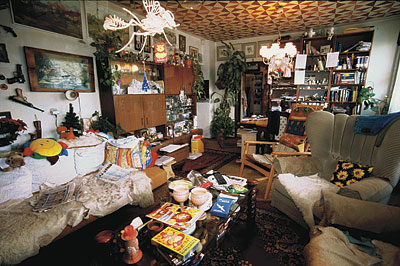
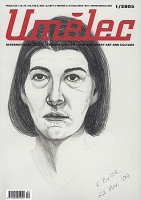

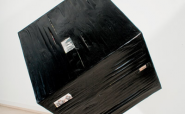
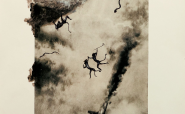
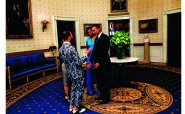
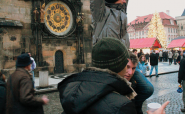







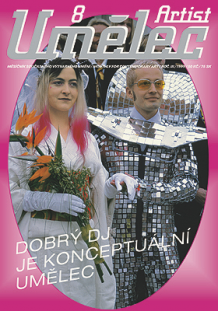




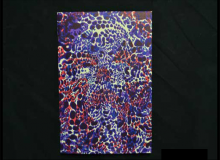

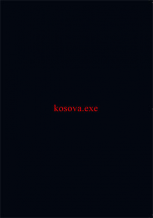
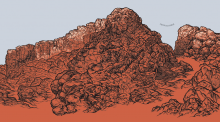


 New book by I.M.Jirous in English at our online bookshop.
New book by I.M.Jirous in English at our online bookshop.
Comentarios
Actualmente no hay comentariosAgregar nuevo comentario